As we dive into the dynamics of Web3, the quest for powerful and reliable blockchain platforms is more critical than ever. These platforms are the backbone of the innovative web iteration — they offer solutions to age-old challenges and pave the way for a new era of digital transformation.
According to a recent report, the global blockchain market is expected to reach $39.7 billion by 2025, underscoring its growing impact.
This post unveils the top blockchain platforms transforming Web3 and business landscapes. Discover their unique features and unmatched benefits, and learn how to choose the perfect one for your enterprise.
What is a Blockchain Platform?
A blockchain platform is a decentralized framework that allows multiple parties to transact and share data without needing a central authority. These platforms leverage blockchain technology to ensure transparency, security, and immutability of the data.
Blockchain platforms enable the development of various applications, including cryptocurrencies, smart contracts, and decentralized finance (DeFi) solutions, transforming traditional business processes and fostering the growth of Web3.

Benefits of Blockchain Platforms
Blockchain platforms are revolutionizing how businesses operate and interact with technology. By leveraging decentralized networks, these platforms offer a host of advantages that traditional systems can’t match.
Below are some of the key benefits that blockchain platforms have to offer:
Enhanced Security
Blockchain platforms use cryptographic techniques to secure data, making it nearly impossible for unauthorized parties to alter or access the information. This ensures the integrity and confidentiality of transactions.
Transparency
The decentralized nature of blockchain ensures that all participants have access to the same data, fostering trust and accountability. Every transaction is recorded on a public ledger, making it easy to verify and audit.
Cost Efficiency
By eliminating intermediaries and automating processes through smart contracts, blockchain platforms can significantly reduce transaction costs and operational expenses. This efficiency is particularly beneficial for industries like finance, supply chain, and healthcare.
Speed and Efficiency
Traditional transaction methods can be slow and cumbersome, especially across borders. Blockchain platforms enable faster transaction times by streamlining processes and reducing the need for intermediaries.
Decentralization
Blockchain technology distributes data across a network of nodes, reducing the risk of a single point of failure. This decentralization enhances the resilience and reliability of the network.

Top 15 Blockchain Platforms Transforming Web3 and Businesses
Amidst the many blockchain platforms, some are renowned for offering unique capabilities and features. These top blockchain platforms are leading the charge, providing robust solutions for a variety of applications.
Below, we explore these standout platforms and their standout features.
Ethereum
Ethereum is one of the most prominent blockchain platforms, known for its pioneering smart contract capabilities. The blockchain allows developers to build and deploy decentralized applications (dApps) on its network.
The Ethereum blockchain’s transition to a Proof-of-Stake (PoS) consensus mechanism enhances its scalability and reduces energy consumption. The platform is a cornerstone of the DeFi ecosystem, supporting countless projects that drive innovation in finance, gaming, and beyond.
Related: The Best Ethereum (ETH) Wallet App for iOS and Android
Related: How to buy Ethereum (ETH)
IBM Blockchain
The IBM Blockchain is a powerful platform tailored for enterprise use. It focuses on providing tools for building and deploying private blockchain networks.
One of the standout features of IBM Blockchain is its integration with other IBM technologies, such as IBM Cloud and IBM Watson. This integration allows businesses to combine blockchain’s immutable ledger with AI and cloud computing capabilities.
IBM Blockchain also offers a high level of customization and flexibility. With IBM’s robust ecosystem and enterprise-grade solutions, IBM Blockchain is a leading choice for businesses looking to implement blockchain technology in a secure and scalable manner.
Hyperledger Fabric
Hyperledger Fabric is an open-source blockchain framework hosted by the Linux Foundation. The platform is known for its modular architecture and support for permissioned networks, making it suitable for enterprise applications.
Hyperledger Fabric allows organizations to customize their blockchain solutions to meet specific needs. Its strong focus on confidentiality and scalability makes it a preferred choice for regulated industries such as finance and healthcare.
Related: The Best DeFi Crypto Wallet
Related: How to Buy Crypto
Solana
Solana is a high-performance blockchain platform known for its exceptional scalability and fast transaction processing. It employs a unique consensus mechanism called Proof-of-History (PoH) combined with a Proof-of-Stake (PoS) system.
PoH allows Solana to timestamp transactions before they are processed, which helps to reduce the time required to achieve consensus. This innovative approach enables Solana to support thousands of transactions per second (TPS), exceeding the other blockchain platforms.
The low transaction fees on Solana make it particularly attractive for developers and users. Its cost-efficient model is crucial for applications that require frequent microtransactions, such as DeFi projects and NFT marketplaces.
Related: The Best Solana (SOL) Wallet App for iOS and Android
Related: How to buy Solana (SOL)
Binance Smart Chain (BSC)
Binance Smart Chain is a blockchain platform developed by Binance, offering fast and low-cost transactions. The platform supports the creation of smart contracts and dApps.
One of BSC’s key features is its compatibility with the Ethereum Virtual Machine (EVM). This compatibility allows developers to easily port their Ethereum-based applications to BSC, taking advantage of its lower transaction fees and faster block times. As a result, BSC has become a popular alternative for DeFi projects and dApps looking to reduce costs and improve performance.
Related: The Best BNB Chain (BNB/BSC) Wallet App for iOS and Android
Related: How to buy Binance Coin (BNB)
Polkadot
Polkadot is a multi-chain platform designed to enable interoperability between different blockchains. Developed by the Web3 Foundation, Polkadot allows various blockchains to communicate and share data through its relay chain.
The platform’s architecture includes parachains and parathreads, which are individual blockchains connected to the main relay chain. This versatility enables developers to create specialized blockchains without sacrificing interoperability or security.
Polkadot’s innovative design and emphasis on interoperability make it a crucial player in the future of Web3, fostering a more connected and collaborative blockchain ecosystem.
Cardano
Cardano is a blockchain platform focused on sustainability, scalability, and security. It uses a Proof-of-Stake (PoS) consensus mechanism and aims to provide a balanced and secure infrastructure for dApps.
The blockchain’s layered architecture separates the ledger of transactions from the computation layer, allowing for more flexibility and scalability in the development of smart contracts and dApps.
Cardano’s ecosystem includes a variety of tools and resources for developers, such as the Plutus smart contract language and the Marlowe domain-specific language for financial contracts. These tools simplify the development process and enable the creation of complex and robust applications.
Tezos
Tezos is a self-amending blockchain platform that allows stakeholders to vote on protocol upgrades. This governance mechanism ensures the network evolves without hard forks. Tezos is known for its formal verification methods, which mathematically prove the correctness of smart contracts. This focus on security and adaptability makes Tezos a reliable choice for developing complex dApps.
Tezos also supports a robust ecosystem of dApps and decentralized finance (DeFi) projects. Its scalable and efficient network, combined with low transaction fees, makes it an attractive choice for developers. The platform’s active community and strong governance model contribute to its growth and innovation, ensuring that Tezos remains at the forefront of blockchain technology.

Avalanche
Avalanche is a highly scalable blockchain platform designed to support custom blockchains and decentralized applications (dApps). The blockchain uses a unique consensus mechanism called Avalanche consensus, which enables high throughput and low latency. This architecture allows Avalanche to process thousands of transactions per second (TPS), making it one of the fastest blockchain platforms available.
Avalanche’s ecosystem is rapidly expanding, with a growing number of DeFi projects, NFT platforms, and other dApps. The platform’s flexibility and performance make it suitable for a wide range of applications, from financial services to supply chain management.
Related: The Best Avalanche (AVAX) Wallet App for iOS and Android
Related: How to buy Avalanche (AVAX)
Algorand
Algorand is known for its fast transaction processing and low fees. The platform can handle thousands of transactions per second (TPS) with finality in just a few seconds. This high performance makes Algorand suitable for applications that require quick and cost-effective transactions, such as payments, microtransactions, and DeFi projects.
The Algorand ecosystem includes a wide range of tools and resources for developers, such as the Algorand Standard Assets (ASA) framework and Algorand Smart Contracts (ASC1). These tools simplify the development process and enable the creation of complex and efficient applications.
Related: The Best Algorand (ALGO) Wallet App for iOS and Android
Related: How to buy Algorand (ALGO)
Corda
Corda is a blockchain platform specifically designed for business applications. Developed by R3, Corda focuses on providing a secure and scalable environment for enterprises.
The blockchain platform supports permissioned networks, which restrict access to known participants and enhance privacy and security. This makes Corda ideal for industries such as finance, healthcare, and supply chain management, where data confidentiality is paramount.
Stellar
Stellar is a blockchain platform aimed at facilitating cross-border payments and remittances
Stellar aims to facilitate cross-border payments and remittances. It provides fast and low-cost transactions, making it ideal for financial services.
The blockchain platform uses the Stellar Consensus Protocol (SCP) to achieve high transaction throughput and security. Stellar’s focus on financial inclusion and seamless integration with traditional banking systems makes it a powerful tool for international money transfers and micropayments.
Related: The Best Stellar (XLM) Wallet App for iOS and Android
Related: How to buy Stellar (XLM)
EOS
EOS is known for its scalability and ease of use. It offers a high level of performance for large-scale dApps. EOS uses a delegated proof-of-stake (DPoS) consensus mechanism to achieve fast transaction speeds.
EOS’s developer-friendly environment and comprehensive tools simplify the development of complex applications. Its ability to handle millions of transactions per second positions it as a leader in the blockchain space.
Tron
Tron focuses on building a decentralized internet, supporting high throughput and low transaction fees. The blockchain platform supports high throughput and low transaction fees. Tron also uses a Delegated Proof-of-Stake (DPoS) consensus mechanism, ensuring fast and secure transactions.
Tron’s ecosystem includes a variety of dApps, particularly in the content-sharing and entertainment sectors. Its emphasis on decentralization and scalability makes it a significant player in the blockchain industry.
Related: The Best Tron (TRX) Wallet App for iOS and Android
Related: How to buy Tron (TRX)

Comparison of Top 15 Blockchain Platforms
The table below shows the differences in key features of each blockchain platform.
| Platform | Consensus Mechanism | Transaction Speed | Fees | Main Use Cases | Developer Support |
| Ethereum | Proof-of-Stake | Moderate | Moderate | dApps, DeFi | Extensive |
| IBM Blockchain | Permissioned | High | Variable | Supply Chain Finance | Strong |
| Hyperledger Fabric | Permissioned | High | Variable | Enterprise Applications | Growing |
| Solana | Proof-of-History | Very High | Low | DeFi, NFTs | |
| Binance Smart Chain | Proof-of-Stake | High | Low | dApps, DeFi | Extensive |
| Polkadot | Nominated Proof of Stake | High | Moderate | Multi-Chain Ecosystem | Strong |
| Cardano | Proof-of-Stake | Moderate | Low | dApps, Sustainability | Growing |
| Tezos | Light Proof-of-Stake | Moderate | Low | Formal verification | Strong |
| Avalanche | Avalanche Consensus | Very High | Low | Custom Blockchain | Growing |
| Algorand | Pure Proof-of-Stake | High | Low | High performance | Strong |
| Corda | RAFT/IBET | High | Variable | Regulated Industries | Strong |
| Stellar | SCP | High | Low | Cross-border payments | Strong |
| EOS | Delegated Proof-of-Stake | Very High | Low | Large-scale dApps | Strong |
| Tron | Delegated Proof-of-Stake | Very High | Low | Decentralized internet | Strong |
How to Select a Blockchain Platform for Your Business
Selecting the right blockchain platform for your business involves considering several factors, such as:
Use Case Requirements
First, you need to define your use case requirements. Start by clearly identifying what you need the blockchain to achieve for your business.
Are you looking to enhance supply chain transparency, improve financial transaction security, or streamline data-sharing processes? Different platforms excel in different areas, so understanding your specific requirements is essential.
Scalability
Next, consider the scalability of the platform. Assess whether it can handle your current transaction volume and scale as your business grows.
Scalability is crucial for businesses expecting rapid expansion or those that already deal with high transaction rates. Evaluate the platform’s ability to maintain performance under increasing loads.
A platform with high throughput and low latency is better suited for an application that requires quick and frequent transactions.
Security
Security is an important factor when dealing with sensitive business data. So, evaluate the platform’s security features, including encryption methods, data integrity mechanisms, and access controls.
Different platforms use various consensus mechanisms to validate transactions and secure the network. Choose a consensus mechanism that balances security with energy efficiency and transaction speed.
Cost
Cost is also an important consideration. Consider the cost per transaction on the platform, as high transaction fees can add up quickly, especially for applications involving numerous microtransactions.
Also, you can look for platforms that offer a cost structure aligning with your budget and transaction volume. Factor in the overall cost of implementing and maintaining the blockchain solution, including infrastructure setup, ongoing maintenance, and any potential upgrade costs.
Community and Support
Lastly, look at the developer community and available support resources to ensure you have the help you need. A strong, active developer community can be invaluable. Platforms with a vibrant ecosystem also tend to innovate faster and offer better support.
Ensure there are sufficient support resources available, such as documentation, tutorials, and customer service. Reliable support can make a significant difference in resolving issues quickly and effectively.
Final Verdict
Blockchain platforms are revolutionizing the way businesses operate and are pivotal in the evolution of Web3. By understanding the benefits and comparing the top platforms, businesses can make informed decisions about integrating blockchain technology to enhance their operations.
We’d love to hear your thoughts on the top blockchain platforms transforming Web3 and businesses in 2024. Leave a comment below and share your questions or thoughts!

FAQs
What is a blockchain platform?
A blockchain platform is a decentralized framework that allows multiple parties to transact and share data without needing a central authority, ensuring transparency, security, and immutability.
What is the future of Blockchain in Business?
Blockchain can enhance security, transparency, cost efficiency, and operational speed while reducing the risk of a single point of failure.
What are some top blockchain platforms?
Top blockchain platforms include Ethereum, IBM Blockchain, Hyperledger Fabric, Solana, Binance Smart Chain, Polkadot, Cardano, Tezos, Avalanche, Algorand, Corda, Stellar, EOS and Tron.
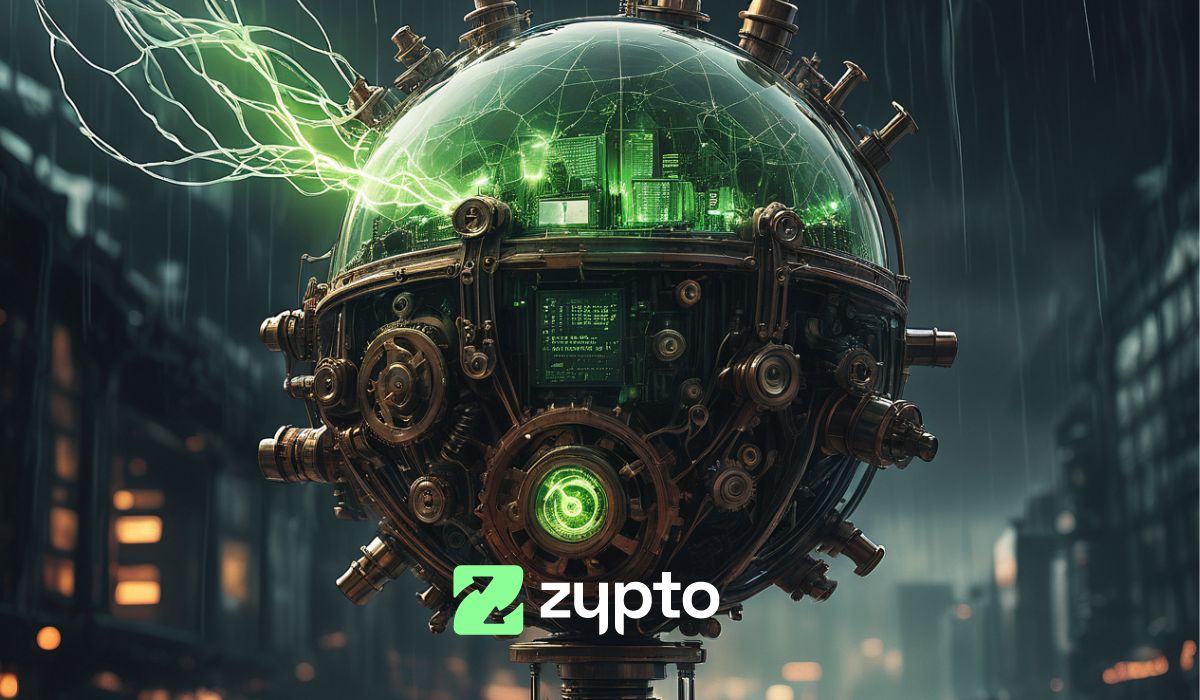







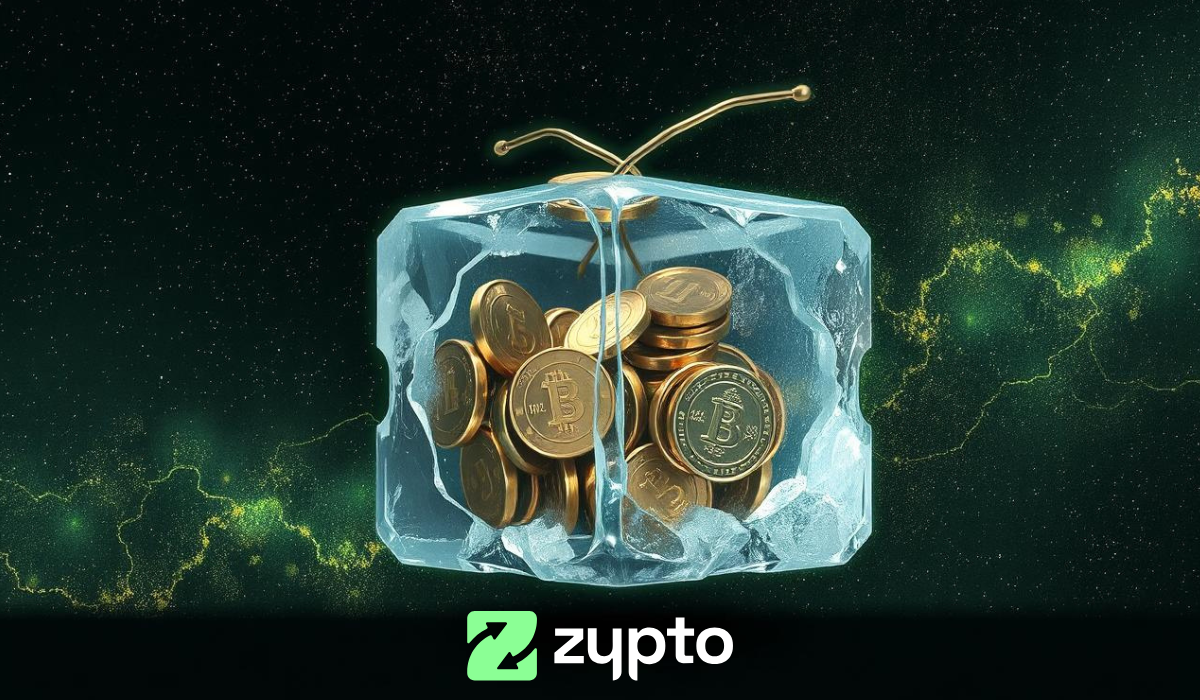
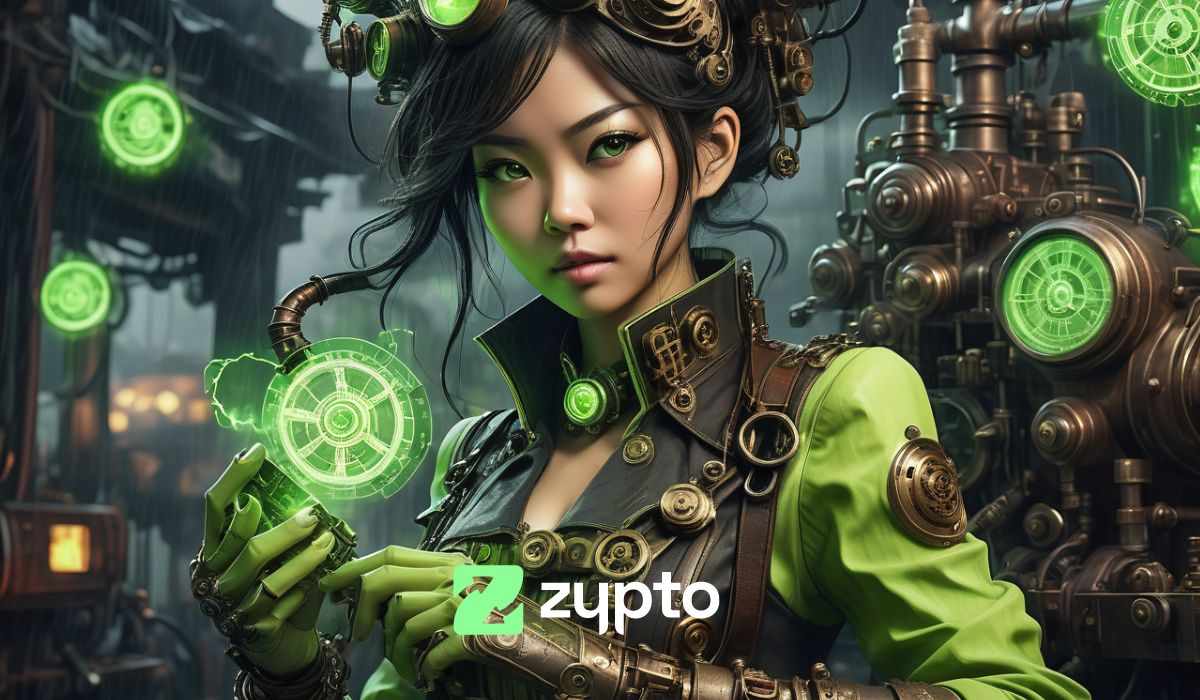

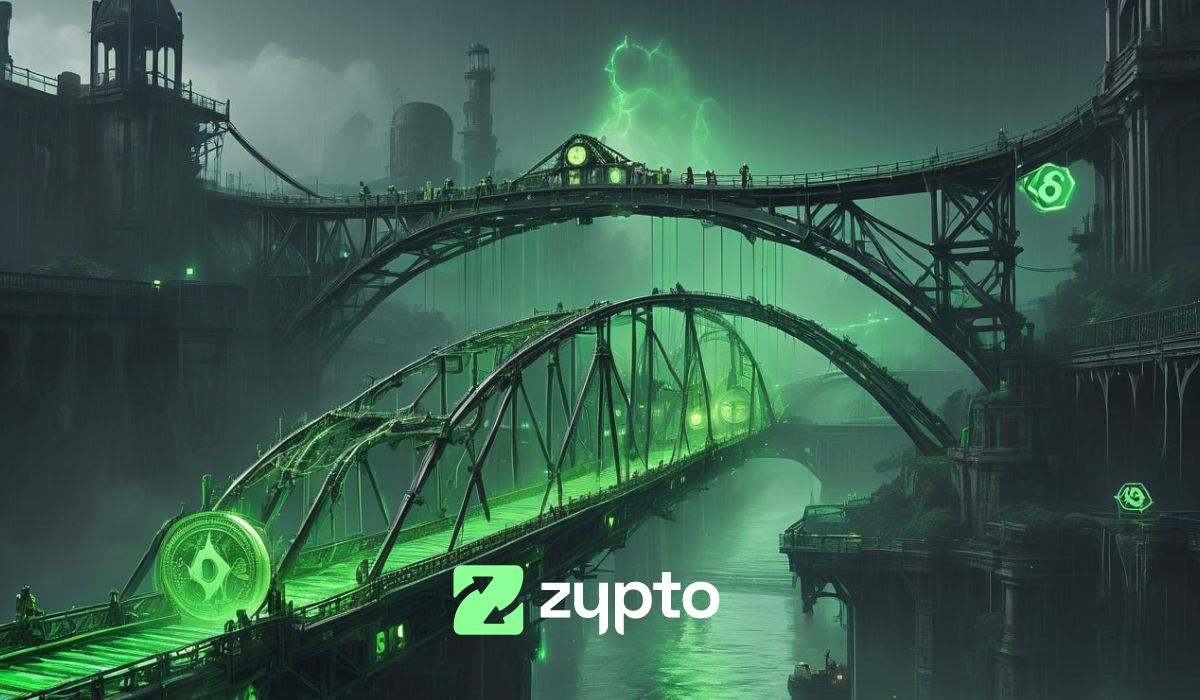

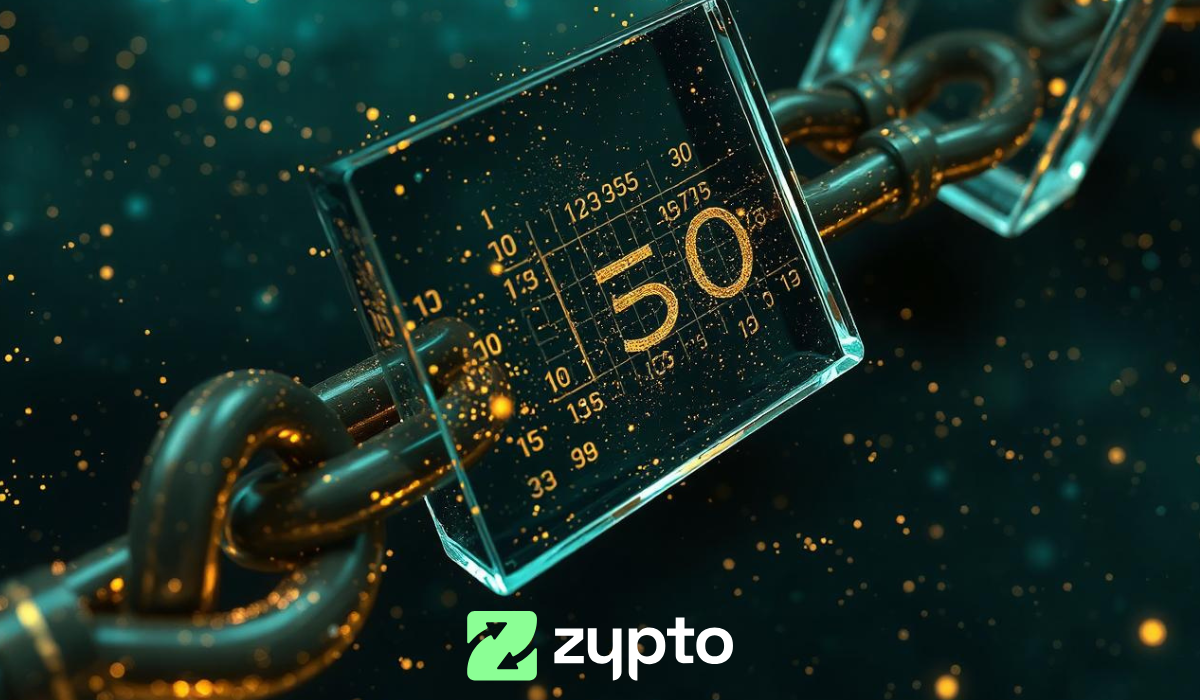
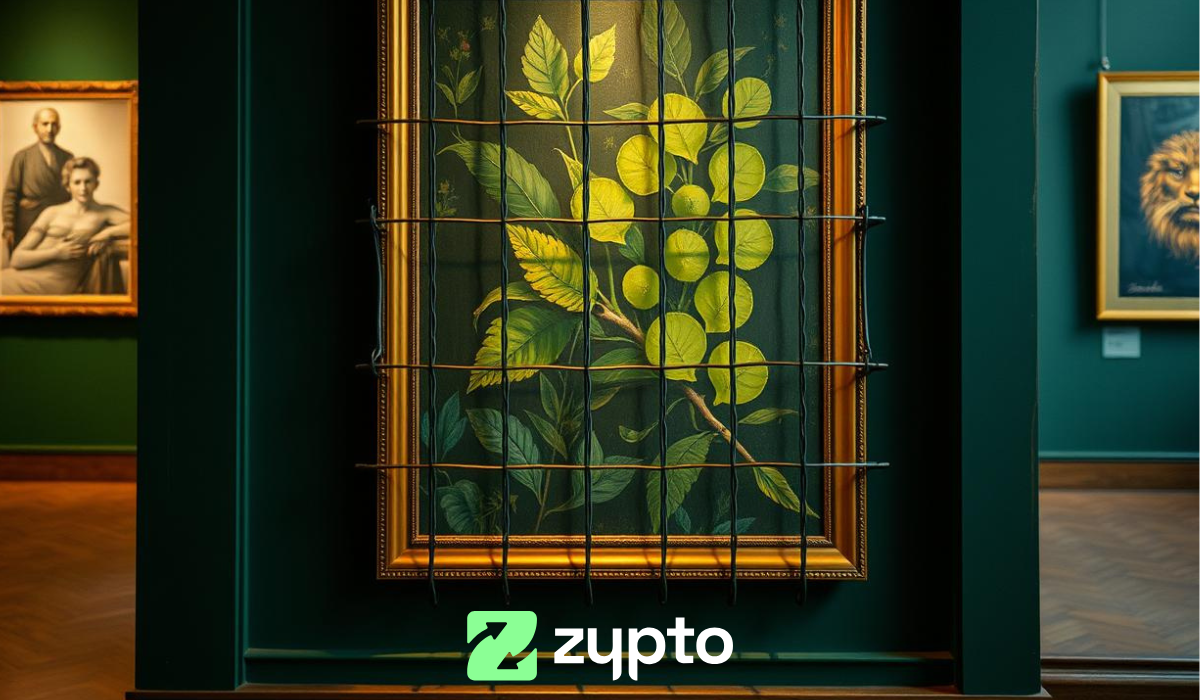
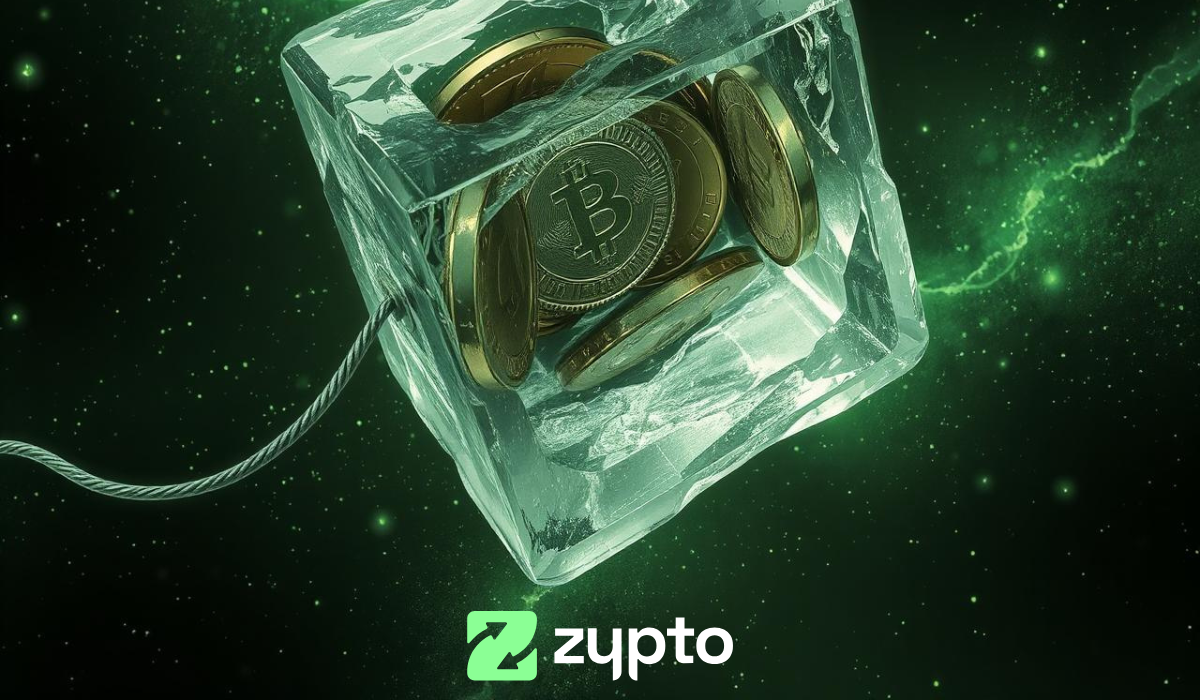
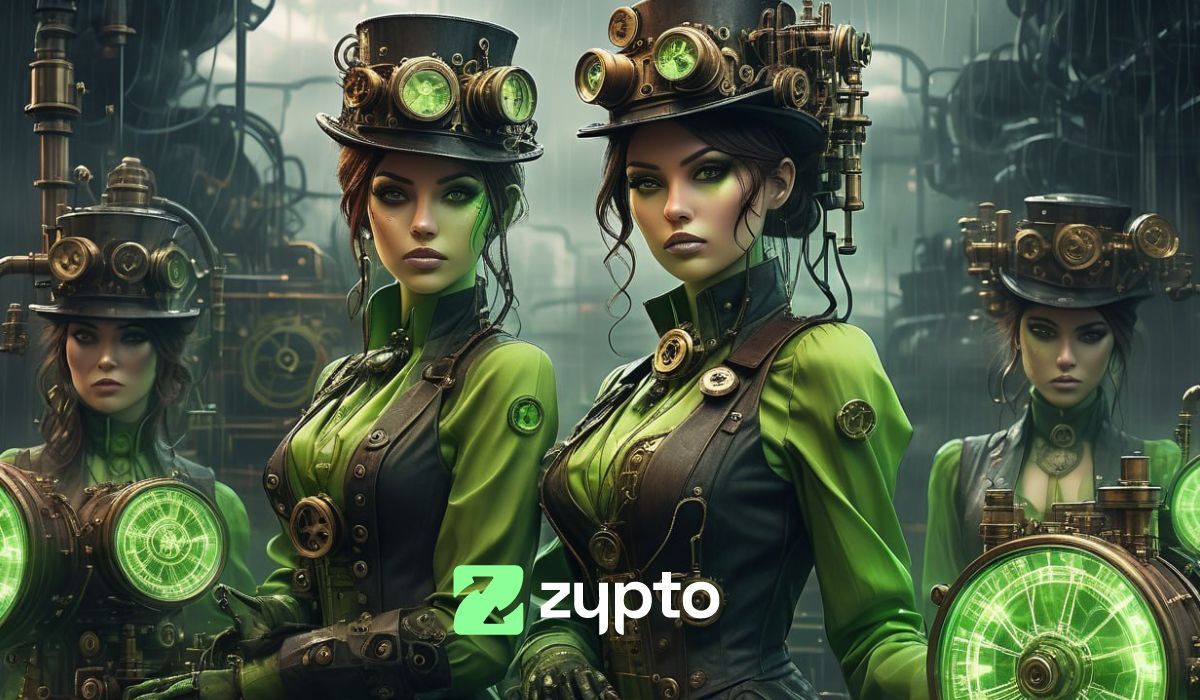
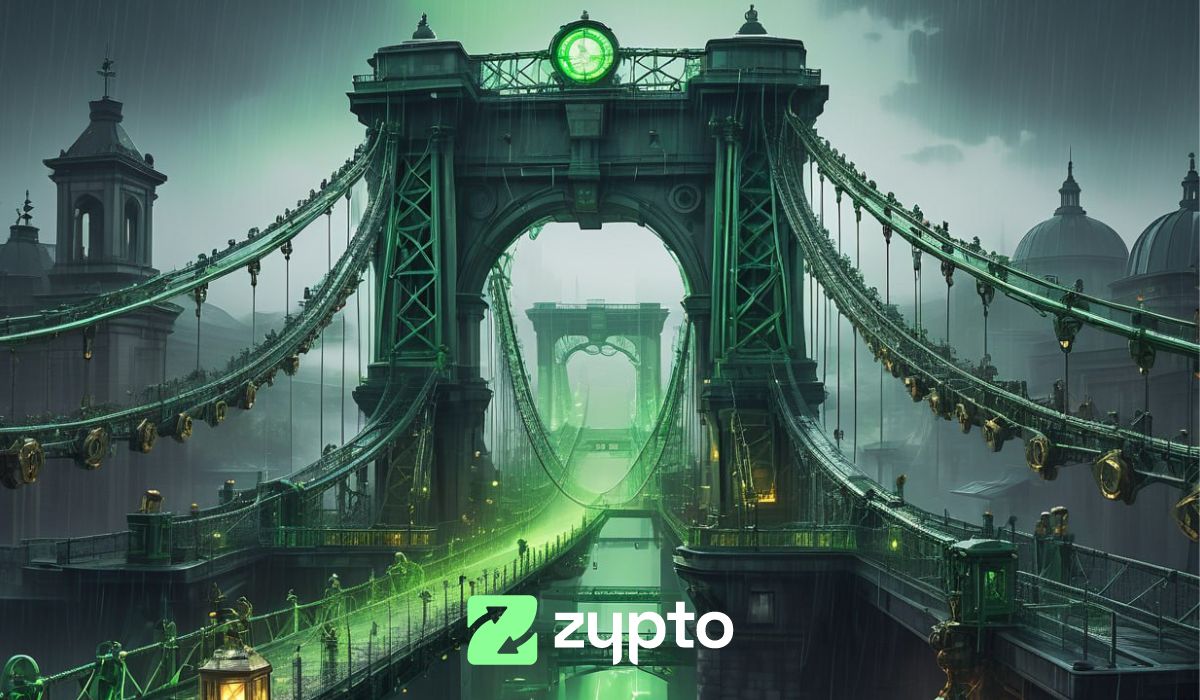
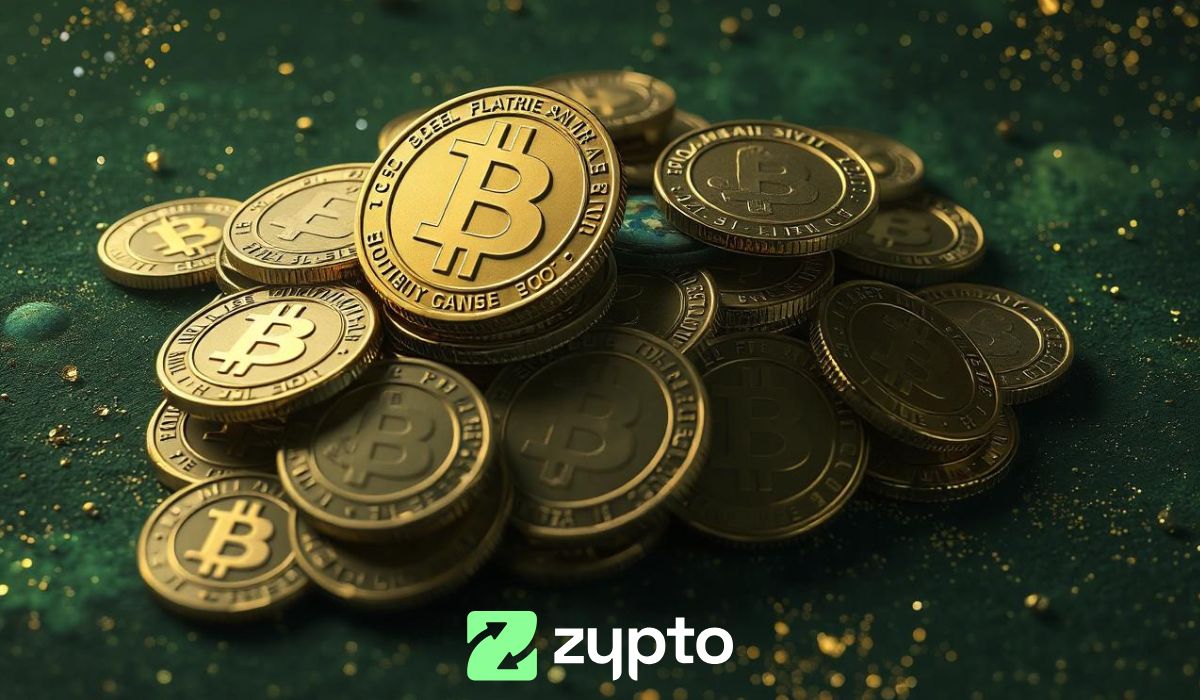

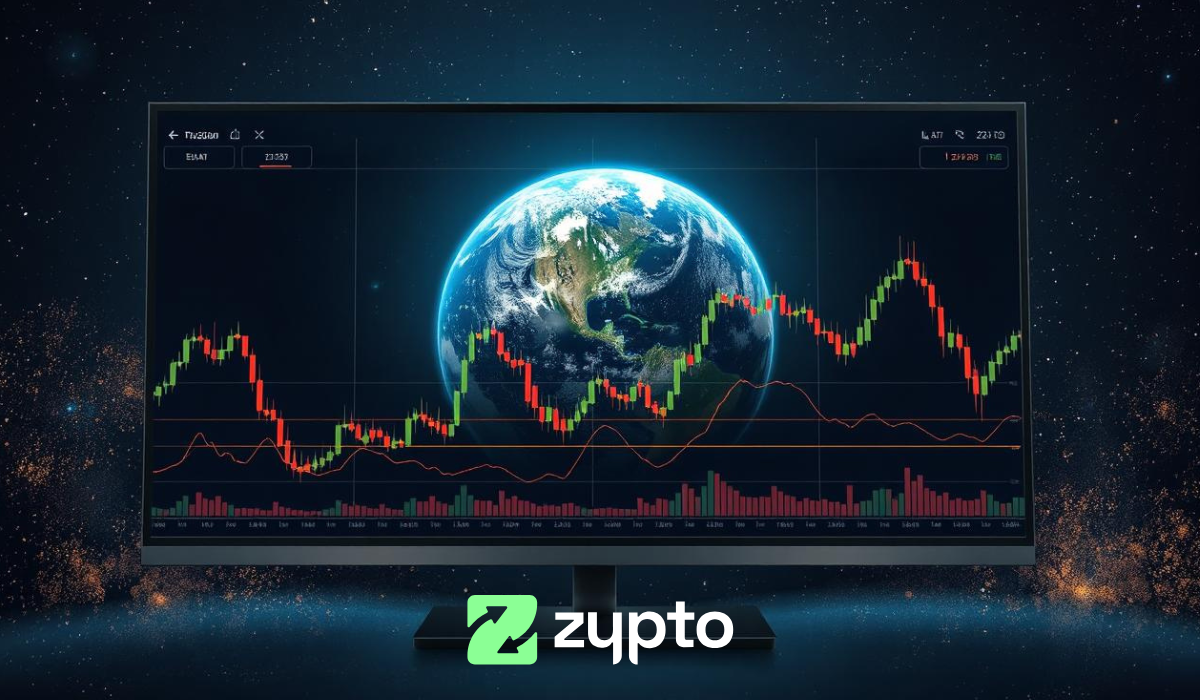

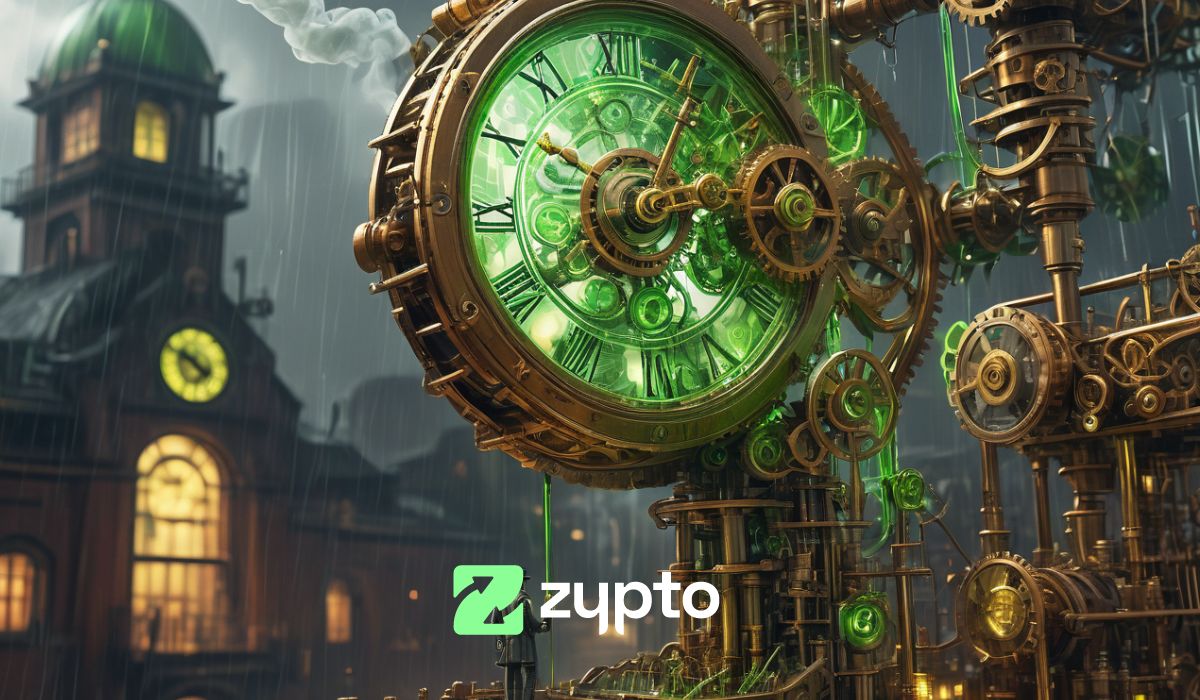


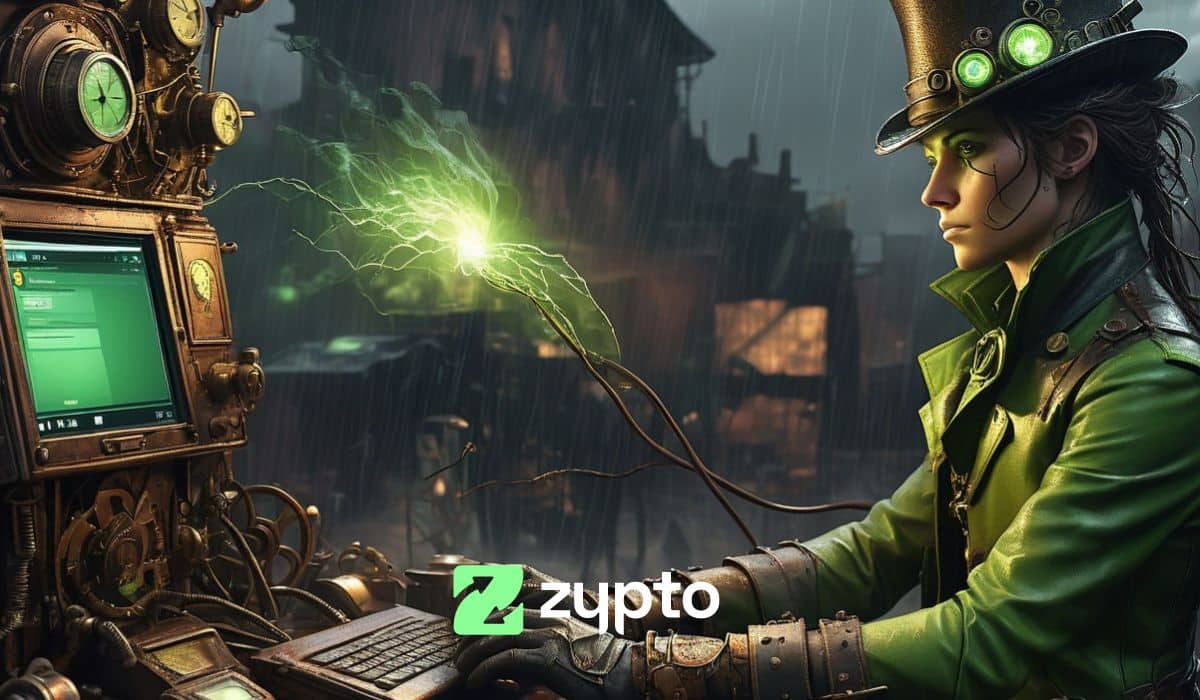
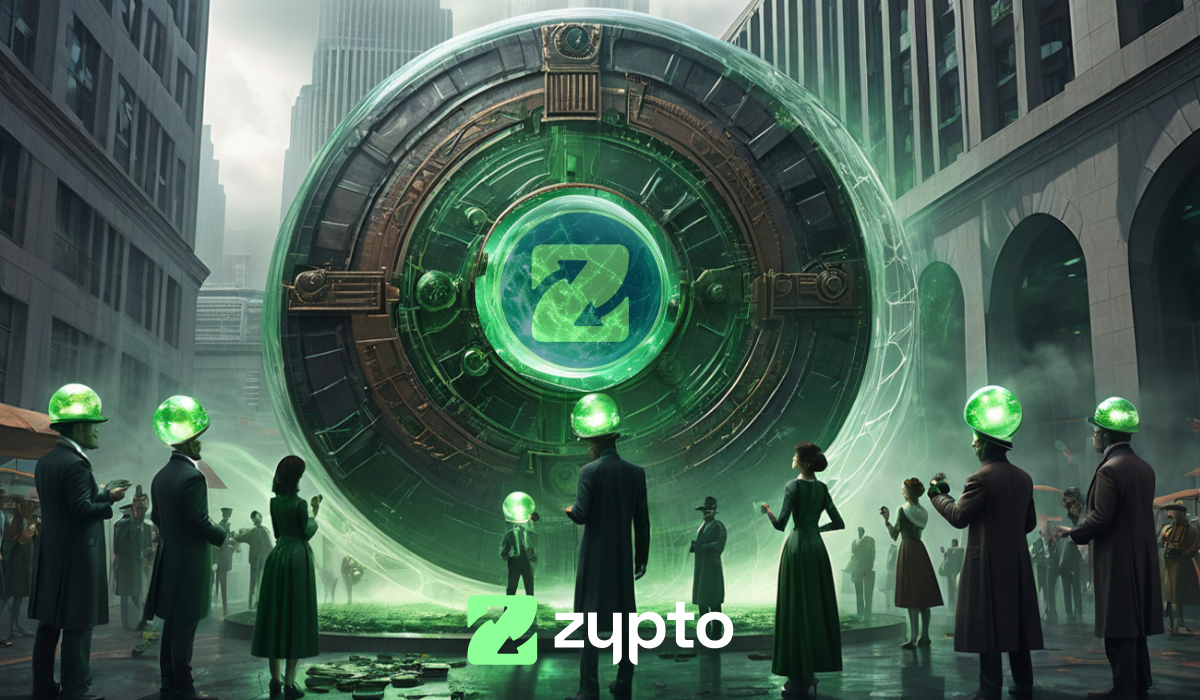



The future of crypto looks very bright! 😎
It does indeed!